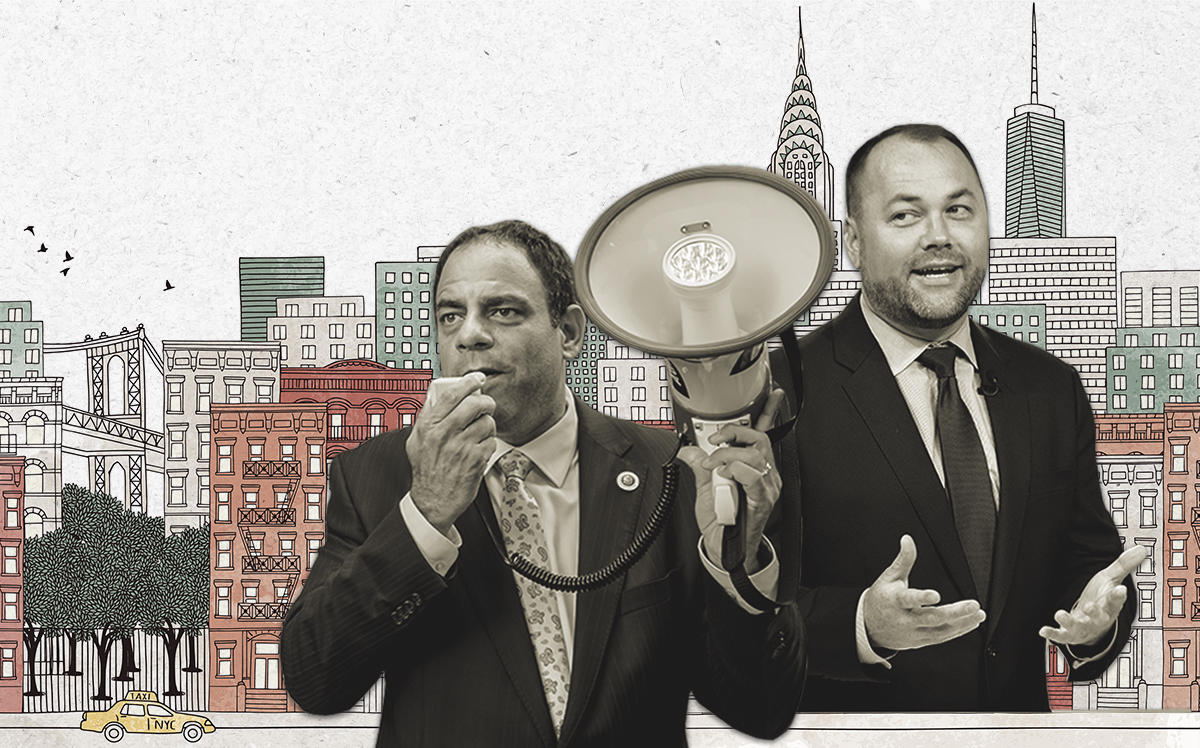Trending
City Council expands retrofit financing program
PACE program still hasn’t been implemented in the city

The City Council on Thursday passed a bill that will expand a financing program aimed at helping property owners pay for building retrofits — but the program remains unavailable for now.
The bill tweaks language in a 2019 law to make new buildings eligible for a program that could help their owners comply with Local Law 97, which caps carbon emissions. The program, known as commercial property assessed clean energy (C-PACE), has not yet been implemented in the city; its rollout was stalled, in part, by the pandemic.
Though a 2019 law authorized the use of C-PACE in the city, officials are still working to establish rules governing the program. The measure’s sponsor, Queens Council member Costa Constantinides, indicated on Thursday that those rules are expected to be finalized by the spring. The Mayor’s Office of Sustainability subsequently announced that the program should go live around April 22.
C-PACE helps cover upfront costs for clean energy technologies and is paid back over time as a special property tax assessment. More than 30 states in the country have similar programs, and New York state has a version separate from the city. Last year, the state legislature passed a bill that allowed new construction projects to apply for C-PACE.
The Council bill’s passage is welcome news for the real estate industry and C-PACE providers, but doesn’t address other concerns about building owners’ ability to comply with the emission caps laid out by Local Law 97. Gov. Andrew Cuomo’s proposed budget includes a workaround that would allow owners to purchase renewable energy credits generated outside the city to comply with the law. State Senate and Assembly leaders, however, do not support the proposal.
The Council also approved a measure that requires the Office of Long-Term Planning and Sustainability to develop climate resiliency design guidelines as part of a pilot program. Those guidelines would apply to capital projects, which would need to meet a minimum climate resiliency score based on flood risk, energy efficiency, on-site water capture and management, and other metrics.
A third measure requires that most newly constructed or substantially renovated buildings in the floodplain be raised an additional one to two feet, or by the elevation required in the 500-year flood zone, depending on the building type.




